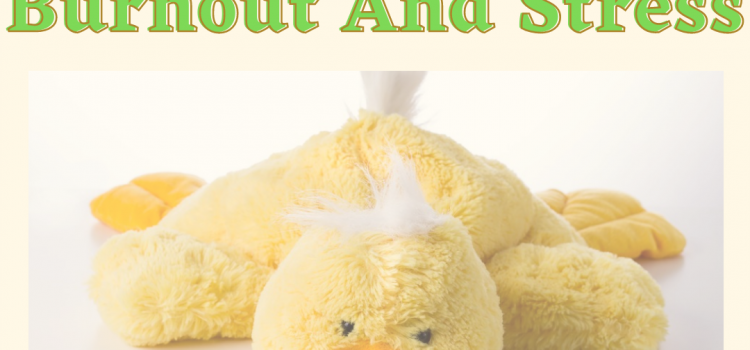If you’ve been living in fear because of your trauma, follow these steps to start seeing and feeling positive change in your life.
How to Understand and Know Your Fear


If you’ve been living in fear because of your trauma, follow these steps to start seeing and feeling positive change in your life.

4 strategies to help students enjoy the Christmas season: be realistic, be conflict-free, be mindful, and be boundary-oriented.

Four ways for teachers to overcome burnout and stress: love your boundaries, use your voice, create a plan and find your passion.

Three steps for teachers to practice self love when feeling anxious: sleep it off, do your thing, and develop connections.

4 Steps to motivate yourself at work as a teacher: integrate the “you” factor, embrace reflective practices, take a break in class, and know that you’re supported.

5 Steps to reduce and manage teacher stress and anxiety: note the issue, assess the stress, practice mindfulness, embrace support, and find additional support.

Support students who have anxiety with four simple steps: recognize the trigger, remember breath control, try taking risks, and create the space.

Teachers can make the most of their time and enjoy a life outside of the classroom with five time simple time management strategies.

Fear can stifle us; it can prevent us from moving forward. These five strategies will help you overcome and face your fear.

The need to be perfect is exhausting. Answer four reflective questions to uncover your reasons for perfectionism and how to overcome it.